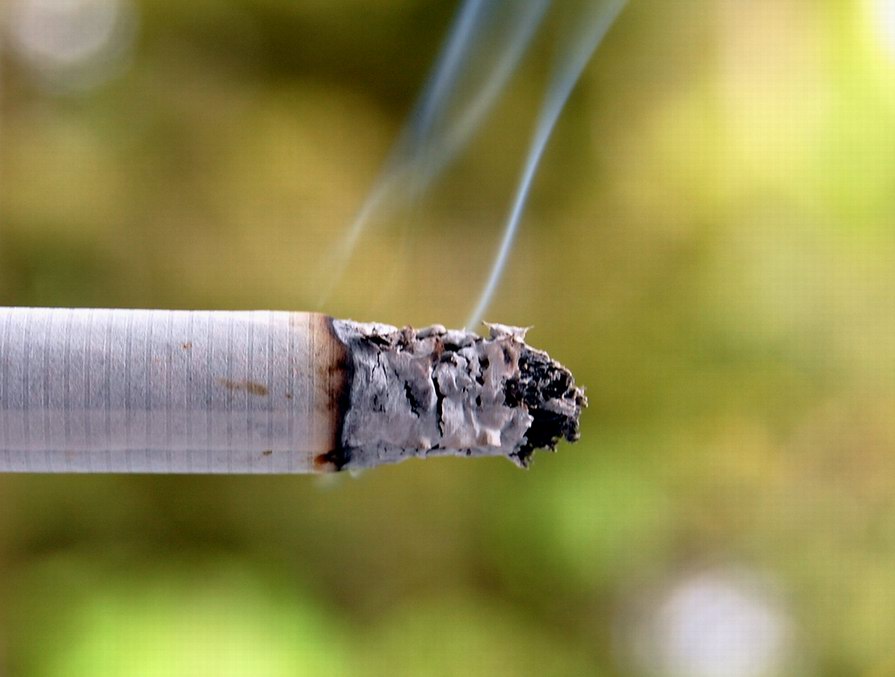The Great American Smokeout is on November 15th this year. Created in 1977, this is a day set aside as a national effort toward encouraging and supporting people to quit smoking. Today's article is written by Alex Kerwin, a creative writer from Michigan. In addition to his work as a guest writer, Alex works closely with Best Drug Rehabilitation, helping people find drug rehab programs to aid in their recovery.
There are plenty of studies linking cigarettes to various diseases and health problems, and many people have surely witnessed disturbing ads on TV, which illustrate the dangers of cigarettes by featuring former smokers who use tracheotomy devices to speak or bear scars from removal of a diseased lung. It’s clear that smoking is bad for our health. This increased awareness hopefully sparks more people to quit the habit, but the process is no doubt a test of determination and will power. Focusing on a holistic plan that emphasizes nutrition and exercise can help ease the process of kicking cigarettes to the curb—for good.
Many smokers fear that quitting will cause weight gain. Smoking cigarettes burns an extra 200-250 calories per day, depending on the number of cigarettes and the smoker. This can slightly elevate their metabolism. Nicotine also acts an appetite suppressant, so smokers tend to eat less. Quitting smoking can easily pack on the pounds for smokers who grab a cigarette because they’re stressed or want to feel calm. They may replace smoking with food, and since starchy and sweet foods that are high in carbohydrates increase serotonin levels, just like nicotine, quitters-in-progress can make the mistake of turning to unhealthy foods to get a similar fix.
In 2007, Duke University Medical Center conducted a study that showed dairy products, vegetables and fruits can help break the smoking habit. Nineteen percent of participants reported that dairy products worsened the taste of cigarettes, 14 percent had a similar effect with non-caffeinated beverages, and 16 percent reported the effect with vegetables and fruits. However, alcohol, caffeinated beverages and even meat, enhanced the flavor of cigarettes.
With the average person gaining four to ten pounds after quitting smoking, choosing low-glycemic foods that are filling and help regulate blood sugar levels can help control weight. Foods rich in fiber, such as fruits, vegetables, and nuts, along with lean, protein-rich sources such as beans, fish and egg whites, can result in a satisfying meal that’s low in bad fats and high cholesterol. Providing the body with proper nutrition from natural foods boosts antioxidants, aiding the immune system that might have been damaged by smoking.
Smoking is both physically and emotionally addictive, which only increases the difficulty of quitting. However, a smoker can choose from several options to help gain support in their journey. Consulting a doctor on a regular basis to help with exercise and nutrition plans or joining a support group can aid in recovery. Choosing to participate in a holistic drug rehab program is also beneficial, as these programs emphasize a detoxification process through proper nutrition, exercise, and spiritual exploration to help understand emotions and deal with stress. By discovering what led the person to smoke in the first place, they might be less likely to relapse and start again.
It's important to remember that quitting is a process—be patient with your body and allow it to detoxify the natural way. Avoid crash diets and give your body time to restore its balance so it can provide for you in the future. By getting in tune with your body and your mind, you’ll appreciate the benefits of quitting smoking even more and realize that cigarettes are part of a problem, not a solution.
photo: Challiyil Eswaramangalath Vipin


